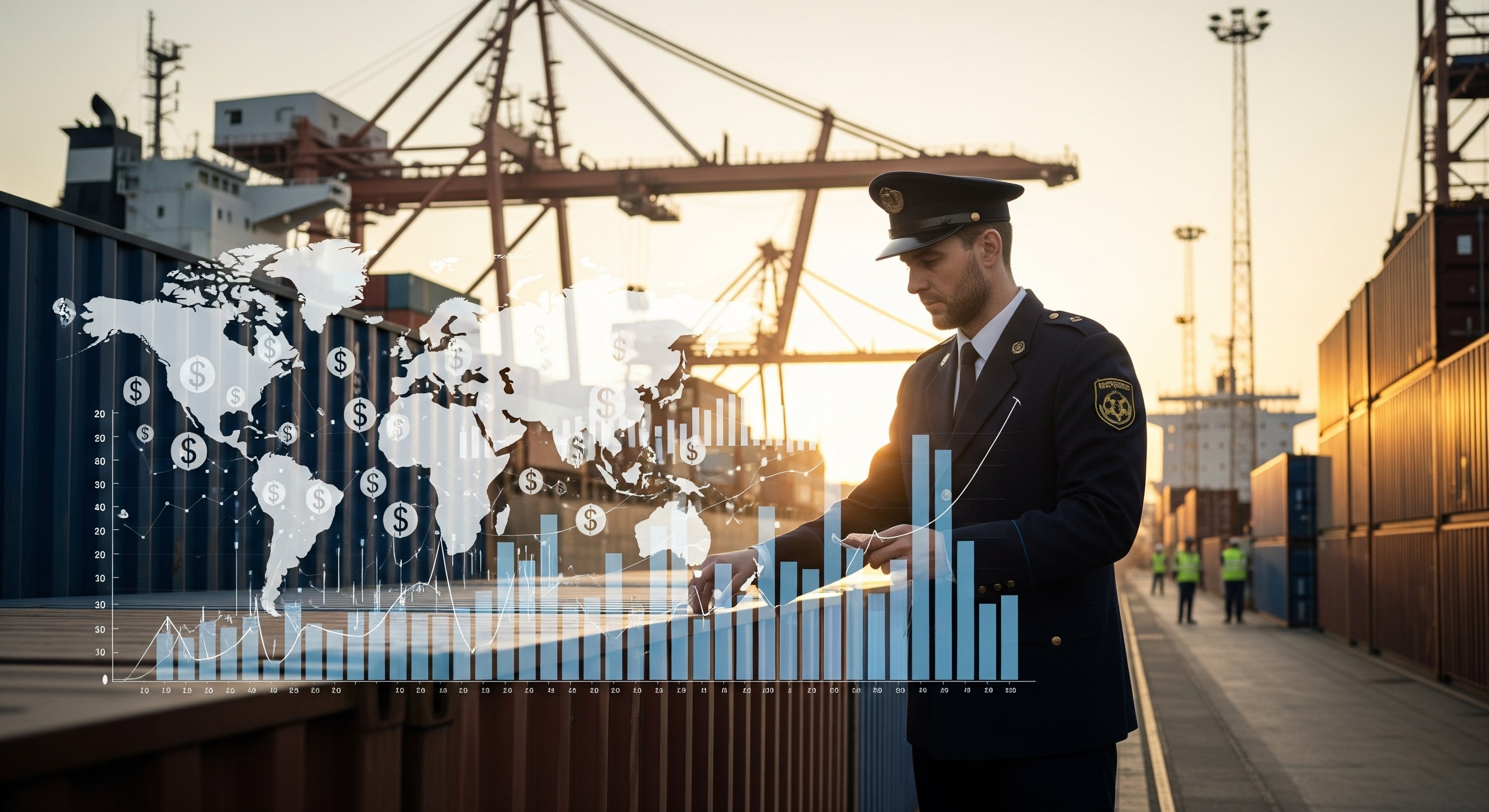How 3PLs Help Businesses Navigate Tariffs and Global Trade Challenges
Industry Shift: 3PLs Taking the Lead in Logistics Strategy
A recent report by global real estate firm CBRE reveals that third-party logistics (3PL) providers are expanding rapidly across North America. In 2024 alone, 3PLs secured a larger share of major warehouse leases than ever before—a trend continuing into 2025. This growth reflects more than an increase in square footage; it marks a strategic shift in how businesses, especially retailers and wholesalers, are managing international trade. With tariff uncertainties reshaping global supply chains, companies are turning to 3PLs like Lane Logistics not just for storage and distribution, but for expert guidance through complex regulatory environments and cost control challenges.

Understanding Tariffs: A Moving Target for Global Trade
Tariffs have always played a key role in global commerce, but they are now more unpredictable than ever. Recent waves of protectionist policies, shifting trade agreements, and retaliatory tariffs have created a volatile environment for companies that rely on international sourcing and distribution. For many, trying to keep up with these developments internally is difficult and costly. Adapting quickly requires specialized knowledge, constant monitoring, and operational agility—areas where in-house logistics teams often fall short. This is exactly where 3PLs excel.
Expert Tariff Classification and Compliance Support
3PLs bring deep institutional knowledge to tariff classification and valuation. Their teams stay current on global trade policies and help clients understand how changes impact product classifications, landed costs, and compliance requirements. Proper classification is essential, yet often overlooked. Errors in coding or valuation can lead to delays, audits, or penalties. While inexperienced teams may struggle with these nuances, 3PLs handle them daily and apply proven systems to ensure accuracy.
Mastery Over Documentation and Customs Clearance
Another area where 3PLs provide significant value is in handling customs documentation. From commercial invoices to bills of lading, import/export licenses, and certificates of origin, 3PLs know the exact formatting and timing required by different countries and regions. This attention to detail prevents costly mistakes and delays at customs checkpoints. Many 3PLs even manage duty and tax payments on behalf of clients, ensuring everything is paid correctly and on time. This not only eases the administrative burden but also protects businesses from unexpected fines or shipment holds.
Bonded Warehousing and Supply Chain Flexibility
3PLs help companies rethink supply chain strategies to better absorb the impact of tariffs. Bonded warehouses, for instance, allow goods to be stored without immediate payment of import duties. This provides businesses with the flexibility to hold inventory while waiting on orders, rerouting decisions, or market stabilization. In volatile tariff environments, this breathing room can make a big financial difference.
Strategic Warehouse Locations for Competitive Advantage
Many 3PLs operate networks of warehouses across North America, giving companies the ability to position inventory closer to major markets or ports. This strategic placement not only improves delivery times but can also reduce exposure to tariffs by allowing for smarter routing through favorable jurisdictions.
Smarter Sourcing Through 3PL Global Networks
In today’s climate, diversification is key. 3PLs help businesses identify alternative suppliers in regions with lower tariff exposure. Using a combination of trade data, supplier vetting, and local insight, they offer solutions that go beyond logistics, supporting smarter sourcing decisions that reduce long-term costs. Additionally, 3PLs offer scalable solutions—whether a business needs more space to build inventory or wants to scale down without the burden of fixed warehouse leases.
International Transportation Expertise and Cost Savings
On the transportation front, 3PLs design logistics strategies that navigate international shipping regulations and tariff zones efficiently. Their knowledge of global shipping lanes and entry points helps minimize transit time and avoid high-tariff routes. Because 3PLs ship for multiple clients, they leverage freight volumes to negotiate lower rates across air, ocean, and ground freight. These cost savings are passed down, helping clients stay competitive even when tariffs add unpredictable expenses.
Real-Time Visibility and Predictive Planning
3PLs provide end-to-end shipment visibility, allowing businesses to track goods in real time and anticipate disruptions. This transparency supports faster decision-making when delays or tariff-related issues arise. Leading 3PLs also use predictive analytics to forecast inventory needs, assess demand changes, and optimize stock levels. This avoids over-ordering, prevents unnecessary storage costs, and minimizes exposure to tariffs on slow-moving inventory.
Error Reduction in Fulfillment Operations
Through standardized procedures in picking, packing, and shipping, 3PLs reduce errors that can lead to duplicated tariffs or re-shipment costs. Many also offer shipment insurance, safeguarding businesses against financial losses from theft or damage during transit. These operational controls not only save money but also enhance consistency across the supply chain.
Better Logistics, Happier Customers
The customer experience often benefits indirectly from the behind-the-scenes expertise of a 3PL. Faster and more predictable delivery times reduce frustration and improve trust. Efficient customs clearance ensures orders arrive as expected, and tariff-optimized shipping routes prevent surprise charges at delivery. These improvements help businesses avoid negative reviews and maintain loyal customer bases.
Logistics as a Strategic Asset
As tariff unpredictability becomes the new normal, the role of logistics has shifted from a cost center to a strategic advantage. Businesses that can stay compliant, deliver reliably, and manage costs effectively are positioned to thrive in global markets. 3PLs like Lane Logistics are helping companies build the infrastructure needed for long-term resilience and sustainable growth.

Conclusion
As international trade becomes more unpredictable and tariffs continue to reshape global supply chains, partnering with a 3PL provider is no longer just about outsourcing logistics—it’s about building resilience. From navigating customs regulations to optimizing warehouse strategy and reducing landed costs, 3PLs like Lane Logistics provide the agility, expertise, and infrastructure businesses need to stay competitive. In today’s complex trade environment, having a strategic logistics partner isn’t just an advantage—it’s a necessity for long-term growth and global success.
 Skip to main content
Skip to main content
